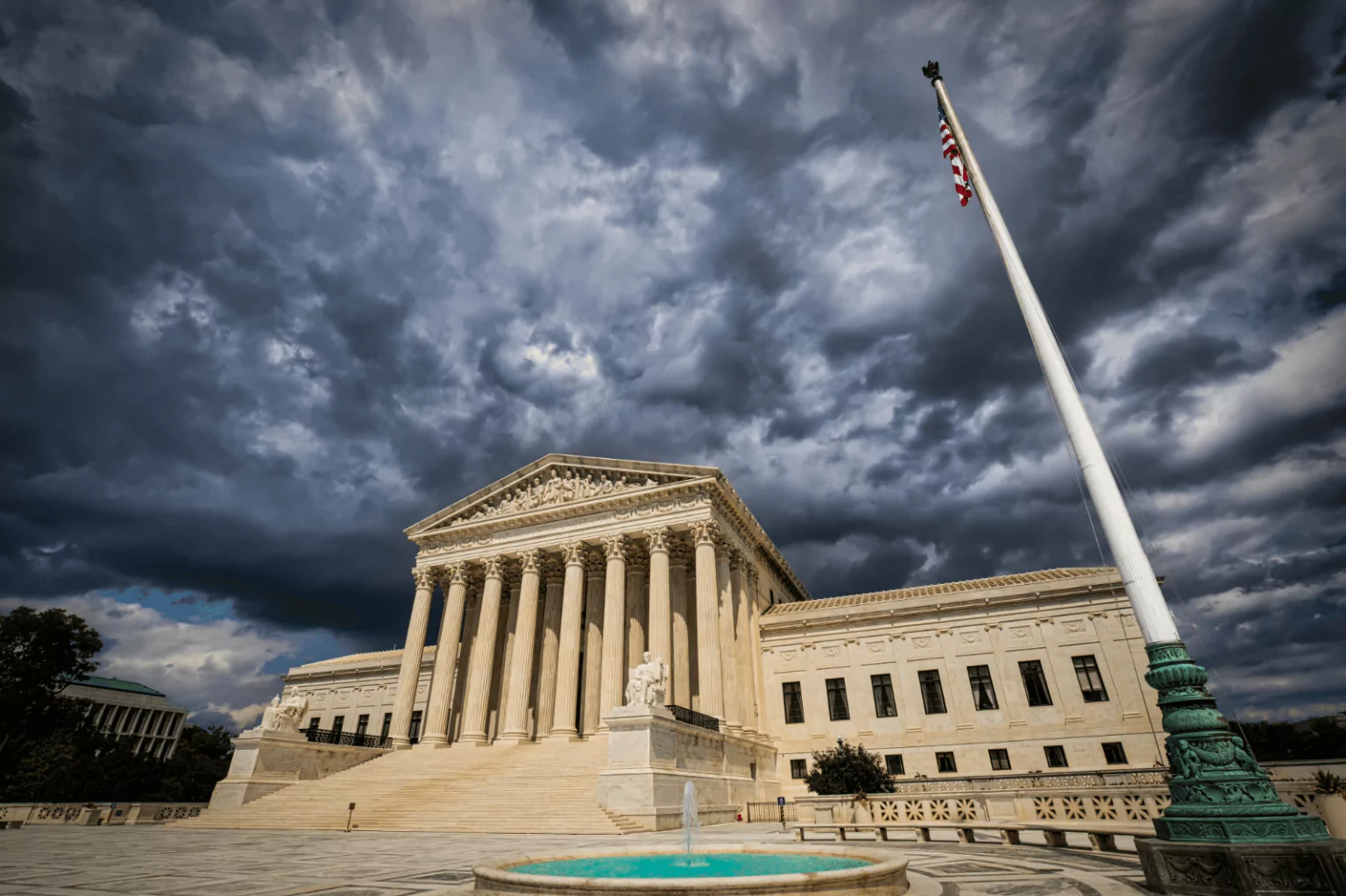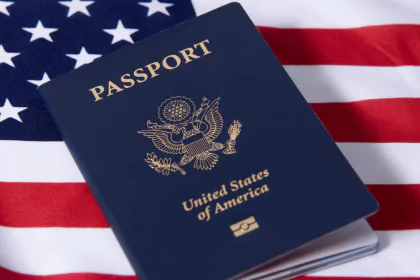In a landmark decision, the U.S. Supreme Court has upheld the funding structure of the Consumer Financial Protection Bureau (CFPB), reaffirming its role as an independent guardian of consumer rights in the financial sector.
On June 1, 2024, the Supreme Court ruled that the CFPB’s funding mechanism, which bypasses congressional appropriations, is constitutional. This decision allows the CFPB to continue its mission without political interference.
Context and Significance
The CFPB, created by the Dodd-Frank Act in 2011, was designed to operate independently to better protect consumers from unfair financial practices. Critics argued that its funding method was unconstitutional, challenging the agency’s independence. The Supreme Court’s ruling is a significant victory for consumer advocates, ensuring the CFPB can maintain its robust oversight of financial institutions.
The Supreme Court’s decision affirms the importance of an independent CFPB in protecting consumers from unfair financial practices.
Andrew Smith, Senior Analyst at Forrester. Supreme Court Ruling
In a closely watched case, the Supreme Court concluded that the CFPB’s funding structure is constitutional, allowing it to function independently from political pressures. This decision reaffirms the agency’s ability to enforce financial regulations and protect consumer rights effectively.
The Role of CFPB
Since its establishment, the CFPB has secured over $20 billion in relief for consumers, addressing issues like predatory lending and financial fraud. The ruling ensures that the agency can continue its essential work without disruption.
Impact on Consumers
Consumers benefit significantly from the CFPB’s independent operation, which allows the agency to implement and enforce rules that protect them from unfair practices. The Supreme Court’s decision bolsters confidence in the CFPB’s ability to act in the best interests of the public.
What’s Next?
The CFPB’s continued independence means it can further develop its regulatory framework and expand its efforts to protect consumers. The decision also sets a precedent for the independence of other regulatory agencies.
Conclusion
The Supreme Court’s ruling is a decisive moment for consumer protection in the U.S. It ensures that the CFPB remains a powerful advocate for consumers, free from political influence, and capable of maintaining fair practices in the financial sector.












